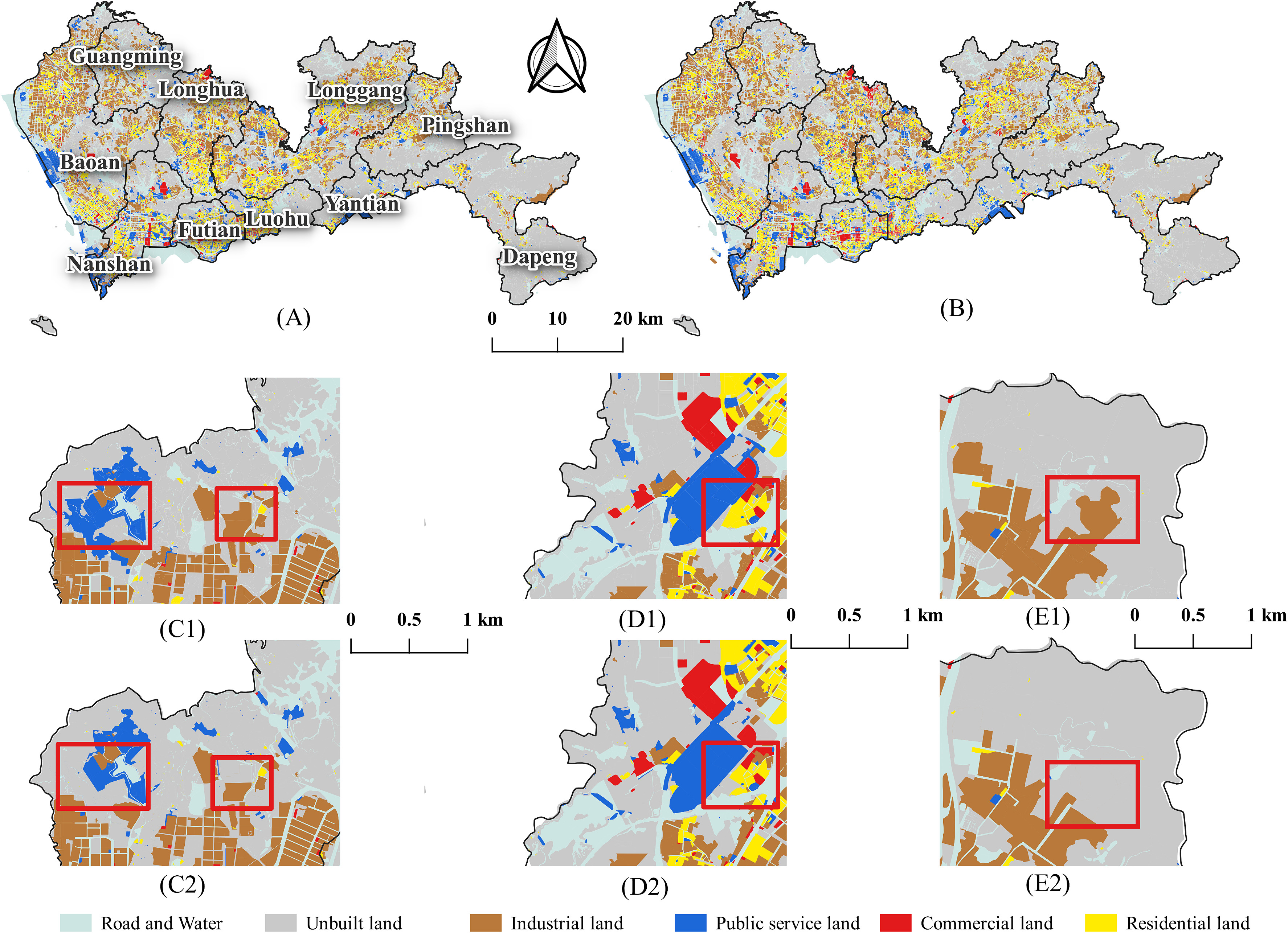Title: Temporal-VCA: Simulating urban land use change using coupled temporal data and vector cellular automata

Abstract
Vector cellular automata (VCA) are effective models for cadastral-scale land use change modeling, leveraging fine spatial granularity information from cadastral plot data. The temporal dimension has the potential to improve the performance of VCA further. However, it is challenging to precisely capture long sequence information of cadastral plot temporal data for VCA while ensuring accurate capture of fine granularity information simultaneously. Our paper introduces the Temporal-VCA framework, which fully utilizes fine spatial and temporal granularity information of cadastral plot temporal data to enhance the accuracy of VCA. Applying Shenzhen's annual cadastral plot data from 2009 to 2014, this study shows how deep learning techniques can elucidate the temporal aspects of VCA models. Temporal-VCA notably improves precision by up to 22.12 %, outperforming the regular VCA models and traditional raster CA models. It reveals the complex nonlinear temporal patterns within cadastral-scale urban development processes. Designed simulations for 2030, including scenarios of disordered development and ecological protection, highlight the benefits of fully leveraging fine temporal granularity information of temporal data into urban planning, potentially reducing ecological damage by 70 %. Our findings offer a novel methodology for urban land use simulation, with significant implications for urban planning and the advancement of sustainable cities.
Keywords
Vector cellular automata;
Deep learning;
Temporal data;
Land use change simulation
Full Text Download
Q.E.D.









